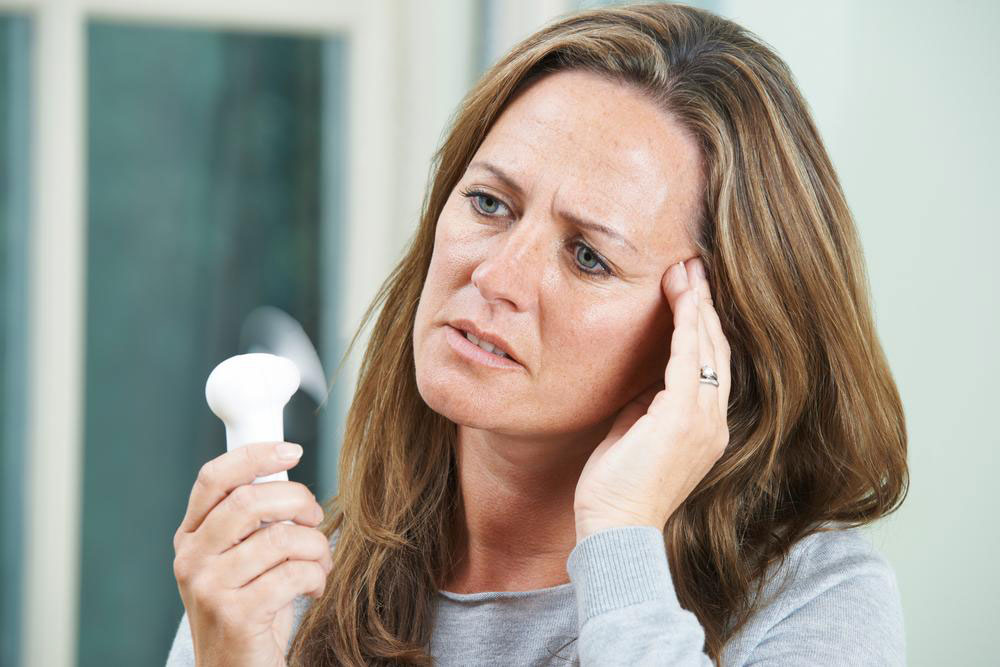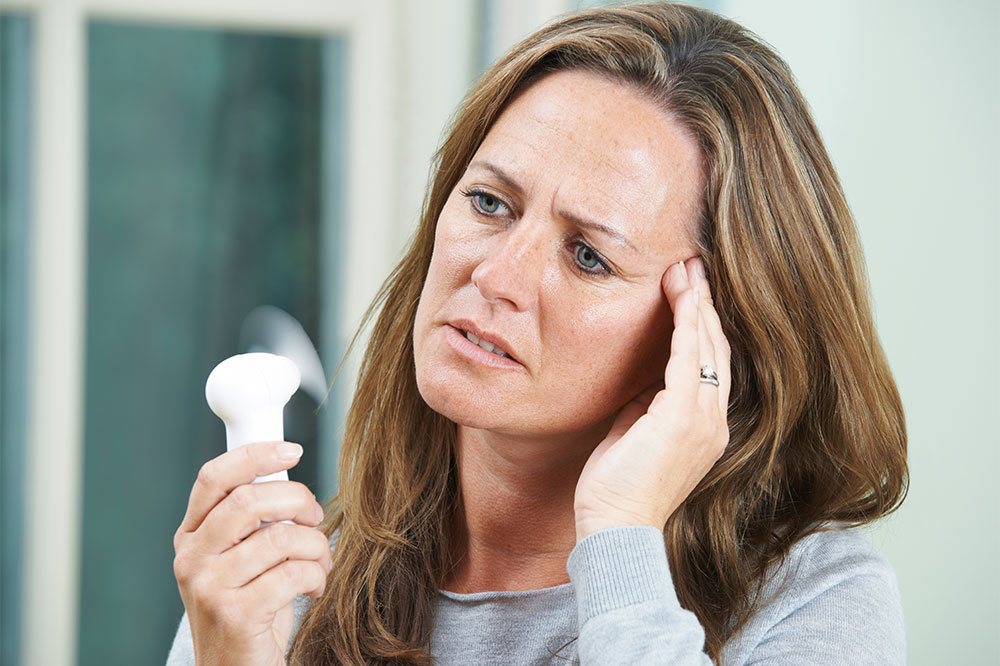Comprehensive Guide to Menopause: Essential Facts, Stages, and Management Tips
This comprehensive guide explores menopause, its stages, symptoms, diagnosis, and effective management strategies. Understanding menopause helps women adapt to hormonal changes, reduce symptoms, and maintain health through lifestyle choices and medical care, ensuring a better quality of life during and after this natural transition.

Menopause signifies a significant milestone in a woman's life, marking the end of her reproductive years. It is characterized by the cessation of menstrual cycles, confirmed after experiencing 12 consecutive months without periods. Although menopause typically occurs around the age of 51, many women may encounter its onset earlier, particularly in their 40s. This natural biological transition involves a series of physical and hormonal changes that can considerably impact daily living, bringing about symptoms like hot flashes, irregular periods, and sleep disturbances.
Understanding the Stages of Menopause
Menopause is a complex process that unfolds over several stages, each with distinct features and health considerations. Recognizing the differences between these stages can help women better manage symptoms and plan their healthcare strategies effectively.
Perimenopause: The Transition Phase
Perimenopause is the transitional period leading up to menopause. It typically begins in women’s 40s but can start as early as their 30s. During this phase, hormonal fluctuations cause irregular menstrual cycles, hot flashes, night sweats, mood swings, and sleep problems. These symptoms can vary widely in intensity and duration among women. Perimenopause may last anywhere from a few months to several years, gradually leading up to menopause. Understanding that these changes are normal can help women navigate this period with greater confidence.
Menopause: The Official End of Menstrual Cycles
Manifests after a woman has gone 12 months without a menstrual period, marking the official onset of menopause. At this stage, the ovaries significantly decrease estrogen production, and fertility diminishes. Symptoms experienced during perimenopause may persist but often lessen as hormone levels stabilize. Once menopause is confirmed, pregnancy is no longer possible. However, some women may continue to experience hormonal fluctuations and symptoms for years after, making ongoing health management important.
Postmenopause: The Aftermath
The phase following menopause is known as postmenopause. During this period, many women notice a reduction in hot flashes and other acute symptoms. Nonetheless, the decline in estrogen levels has long-term health implications. Reduced estrogen can lead to decreased bone density, elevating the risk for osteoporosis. It also increases susceptibility to urinary tract infections and cardiovascular issues. Consequently, women in postmenopause need to adopt strategies to mitigate these health risks through lifestyle choices and medical care.
Diagnosing Menopause
Diagnosing menopause typically involves blood tests that measure hormone levels, primarily estrogen and follicle-stimulating hormone (FSH). Elevated FSH levels combined with low estrogen levels are indicative of menopause. To distinguish menopause from other health conditions presenting similar symptoms, additional testing, such as thyroid function tests, might be necessary. A healthcare provider can accurately assess hormonal levels and recommend appropriate management based on individual health status.
Managing Menopause Symptoms Effectively
While menopause is an inevitable phase in a woman's life, several lifestyle adaptations can significantly alleviate its symptoms and improve overall quality of life. Prioritizing self-care and making informed health choices are essential during this transition.
Adopt a Nutritious Diet
A balanced diet rich in fresh fruits, vegetables, lean proteins, and whole grains provides vital nutrients that support overall health. Limiting processed foods, sugary snacks, and caffeine can reduce hot flashes and mood swings. Incorporating foods high in phytoestrogens, such as soy, may offer additional relief for some women.
Engage in Regular Physical Activity
Maintaining an active lifestyle is crucial. Aim for at least 150 minutes of moderate aerobic exercise weekly, which can include walking, cycling, or swimming. Exercise enhances cardiovascular health, supports weight management, and boosts mood through the release of endorphins. Additionally, strength training helps counteract muscle loss and improves bone density.
Ensure Adequate Bone and Heart Health
During postmenopause, the risk of osteoporosis increases due to declining estrogen levels. Ensuring sufficient intake of calcium and vitamin D is vital for maintaining bone strength. Weight-bearing exercises can further promote bone health. Regular health screenings, including bone density tests, are recommended to monitor skeletal health.
Prioritize Sleep and Stress Management
Sleep disturbances are common during menopause; establishing good sleep hygiene can help. Strategies include maintaining a consistent sleep schedule, avoiding caffeine and screens before bedtime, and creating a relaxing environment. Managing stress through mindfulness, meditation, or yoga can also improve sleep quality and overall well-being.
Consult Healthcare Professionals
Medical options, including hormone replacement therapy (HRT), can be considered for managing severe symptoms. Regular check-ups with healthcare providers ensure that any health concerns—such as bone density loss or cardiovascular risks—are addressed promptly. Personalized treatment plans can include medications, supplements, and lifestyle advice tailored to individual needs.
In conclusion, menopause is a natural phase that all women experience. While it brings about various physical and emotional changes, proactive management strategies can help minimize discomfort and protect long-term health. Embracing a healthy lifestyle, staying informed, and seeking professional support are key to navigating menopause successfully and enjoying a vibrant postmenopausal life.





